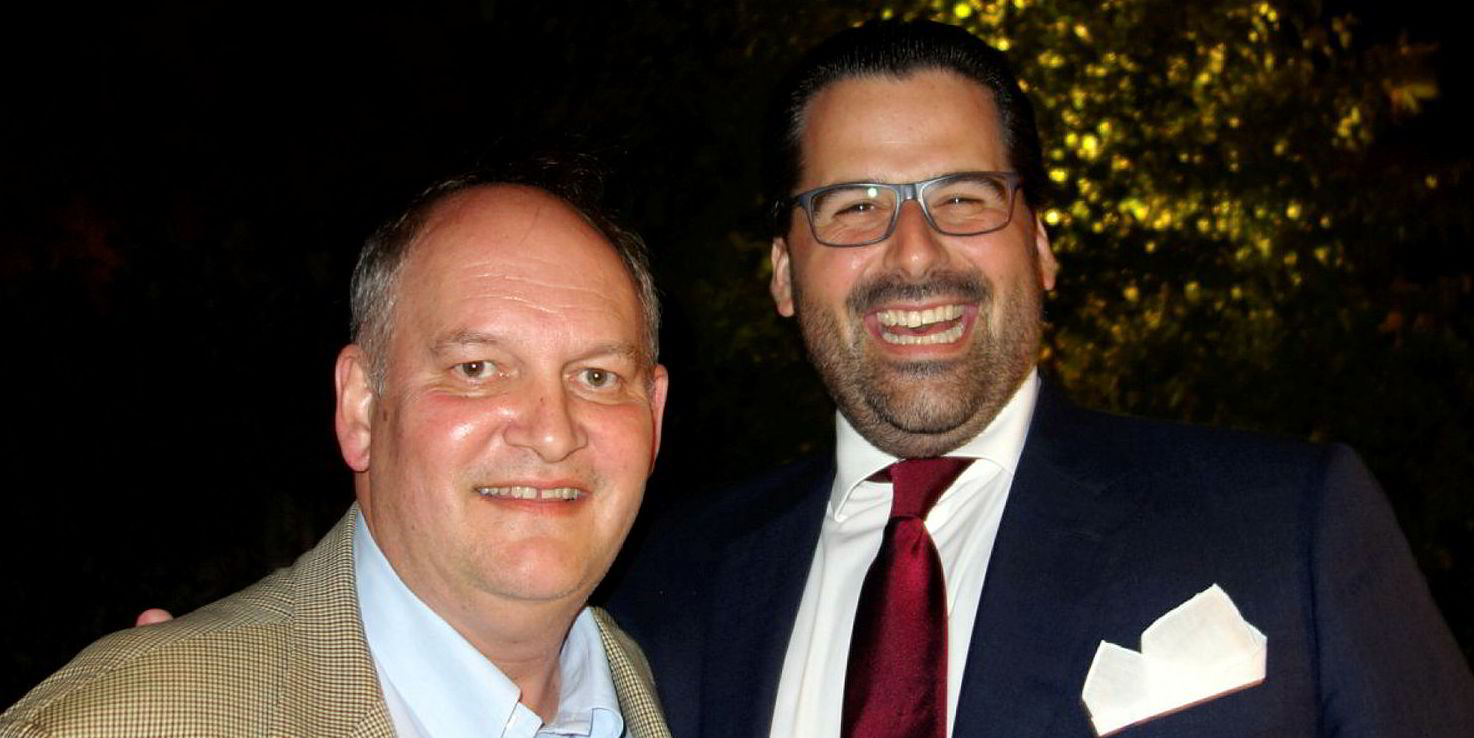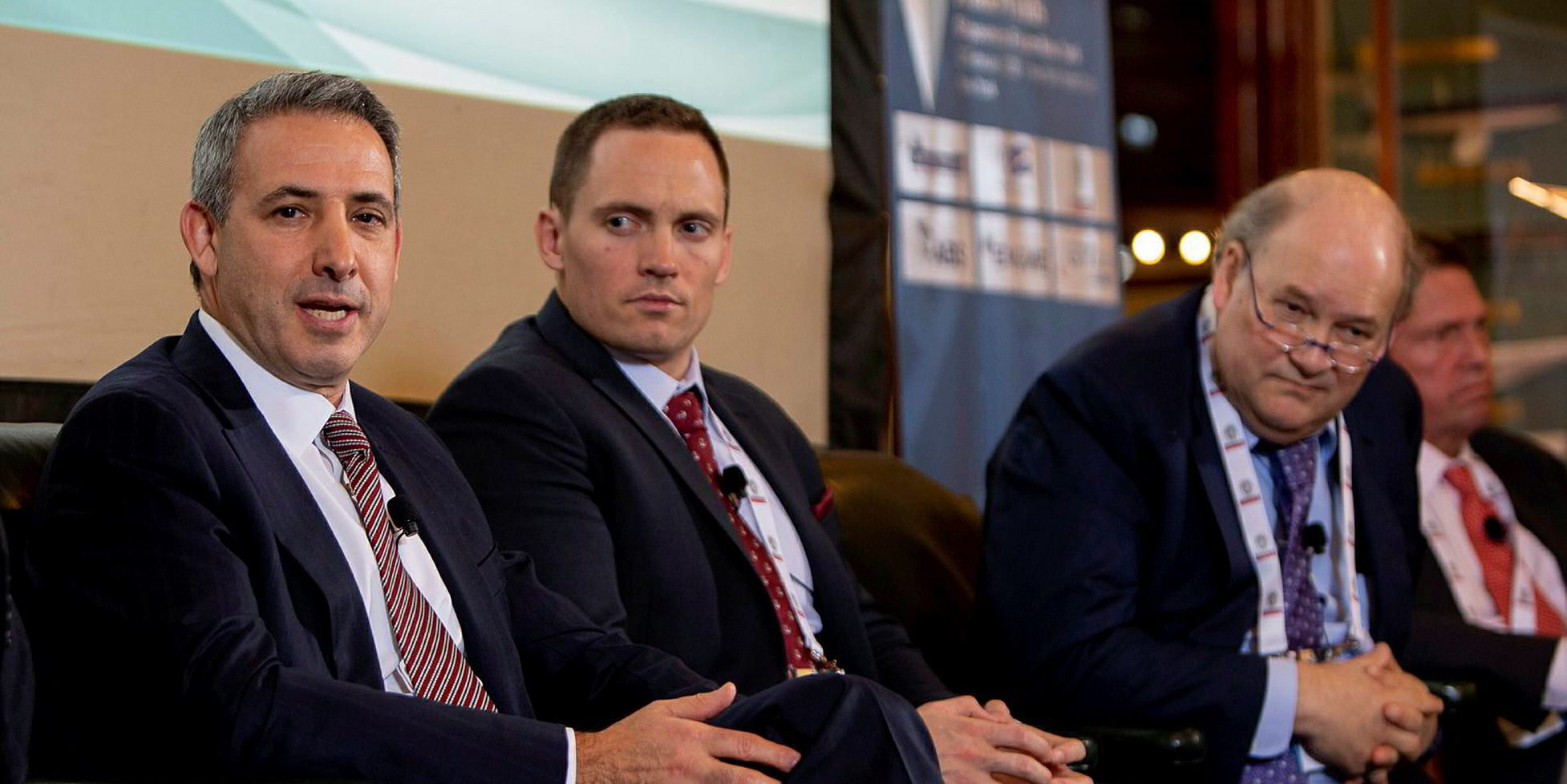Shipping must demonstrate consistent profitability before the big institutional cash flows in - but there is hope for bulkers in the coming years.
That is the view of Joakim Hannisdahl, head of research at Norwegian investment bank Cleaves Securities.
Asked on the company's quarterly shipping webinar if he could see signs of institutional investor interest picking up, the analyst said: "I can't say I do unfortunately.
"We are operating in a segment that is really small, looking at the total universe of equity and bonds."
When tanker rates were booming earlier this year, Hannisdahl said he got a lot of calls from investors not familiar with shipping, asking if they should buy tanker company shares.
They wanted to know if they would they be the "last to the party" or whether there was still some upside, he added.
Bulker boost on the cards?
With rates for bulkers now rising, Hannisdahl said the sector is hoping that at some point "the generalist money will open their eyes."
He explained it only takes a small portion of the big institutions' capital to expand the market cap of the shipping sector.
But he said: "General investors are so fatigued after 10 years in shipping without any earnings.
"Big names we speak to are telling me, 'I can't take this to an investment committee because the last time someone invested in dry bulk in 2014, that guy is not here anymore and the committee will not even hear about it'."
Hannisdahl believes shipping needs to be seen to give a consistent return to equity holders by earning above cash breakeven for a duration.
"So potentially at least in dry bulk we could show that in 2021 and 2022. I can then see a capital influx from 2022 and 2023, and then it is really elastic and moves fast," he added.
Asked what the key risks to the bullish dry bulk sector, the analyst said the Chinese "ban" on Australian coal is a big one.
But he said that as long as there remains an all-time record low orderbook, the bulker sector can resist "black swan" events like the Vale dam collapse and the coronavirus pandemic.
Fund for the future?
Cleaves is rated number one shipping investment bank by Bloomberg, which said in 2019 the average return across its covered companies was 45%. And Cleaves may be about to capitalise on this status.
Hannisdahl was asked why Cleaves does not start an exchange-traded fund or investment fund so investors can follow the bank's strategy and buy into it.
The analyst responded: "We have had a lot of thoughts. We are always happy when people are making money based on our recommendations.
"I can't say too much, but we are thinking those thoughts. If and when we have news we will make sure everyone is informed.
Turning to the imminent US presidential election, Hannisdahl said the best result for shipping markets would be a clear victory one way or the other, so there is "no ambiguity" about who is going to lead the country.





